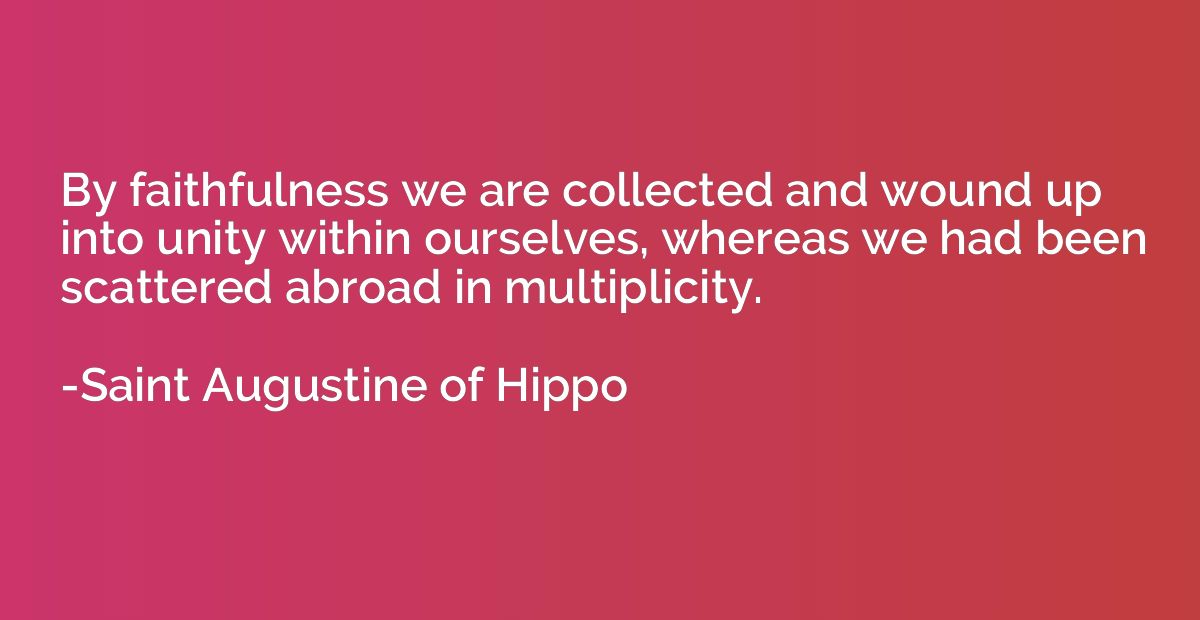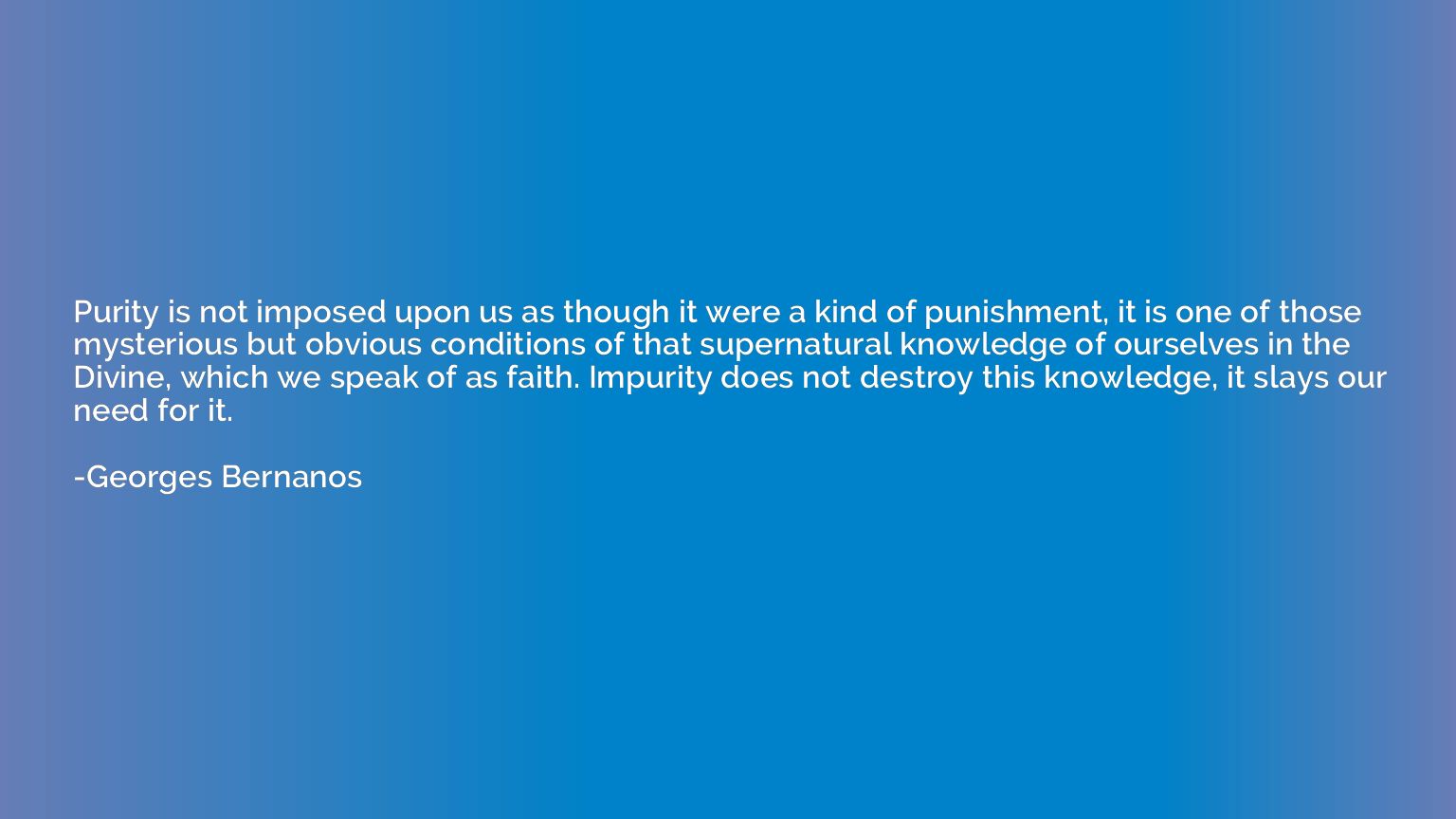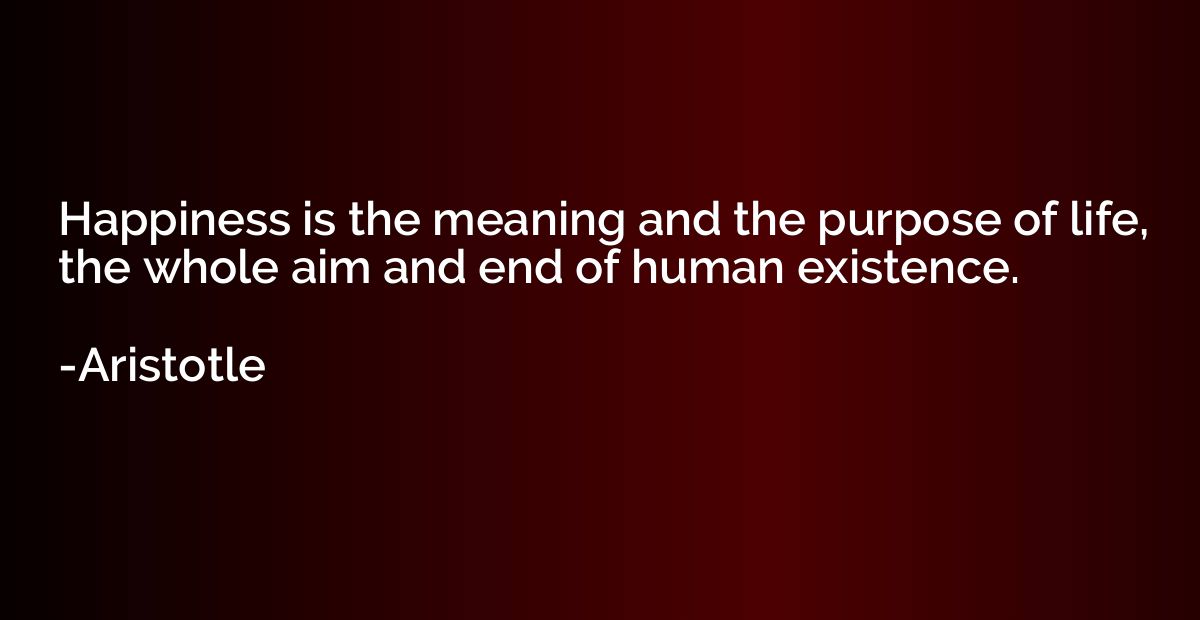Quote by Martin Luther King Jr.
If you lose hope, somehow you lose the vitality that keeps moving, you lose that courage to be, that quality that helps you go on in spite of it all. And so today I still have a dream.

Summary
This quote emphasizes the importance of hope and its role in sustaining vitality and courage. It suggests that when hope is lost, a person's motivation for striving and the will to face challenges diminishes. However, despite this, the quote also expresses a determination to hold onto dreams. It implies that dreams provide inspiration and serve as a source of enduring hope, even in the face of adversity. Ultimately, the quote highlights the significance of maintaining hope to persevere and continue moving forward in life.














